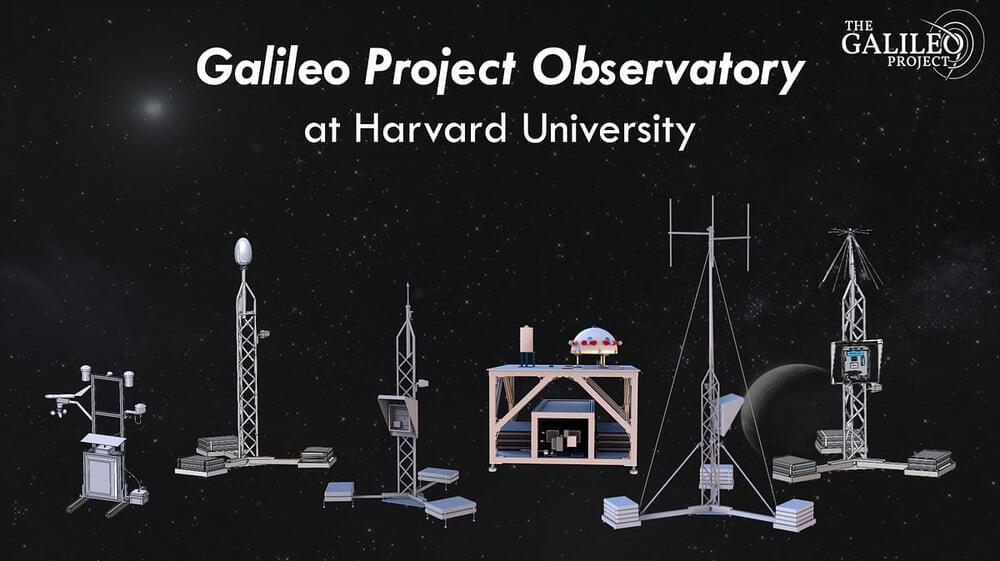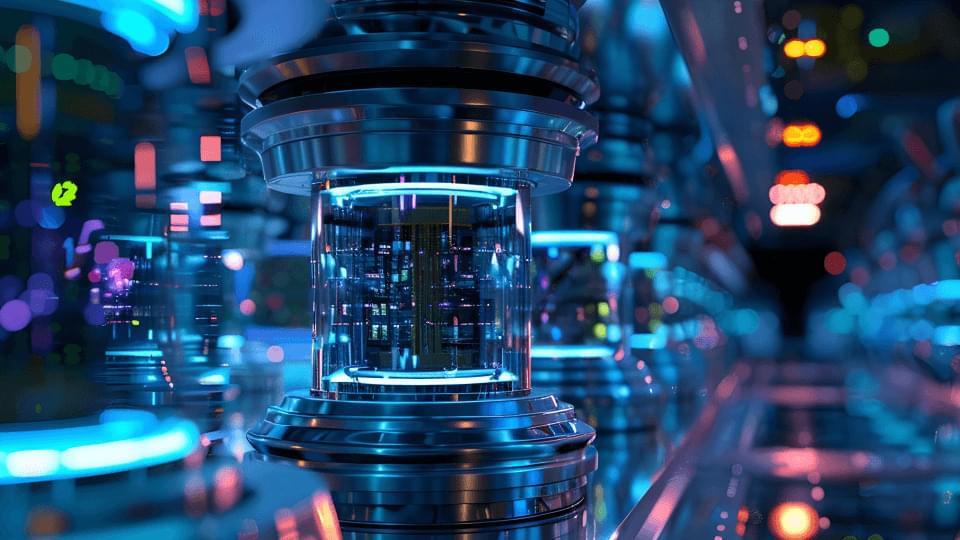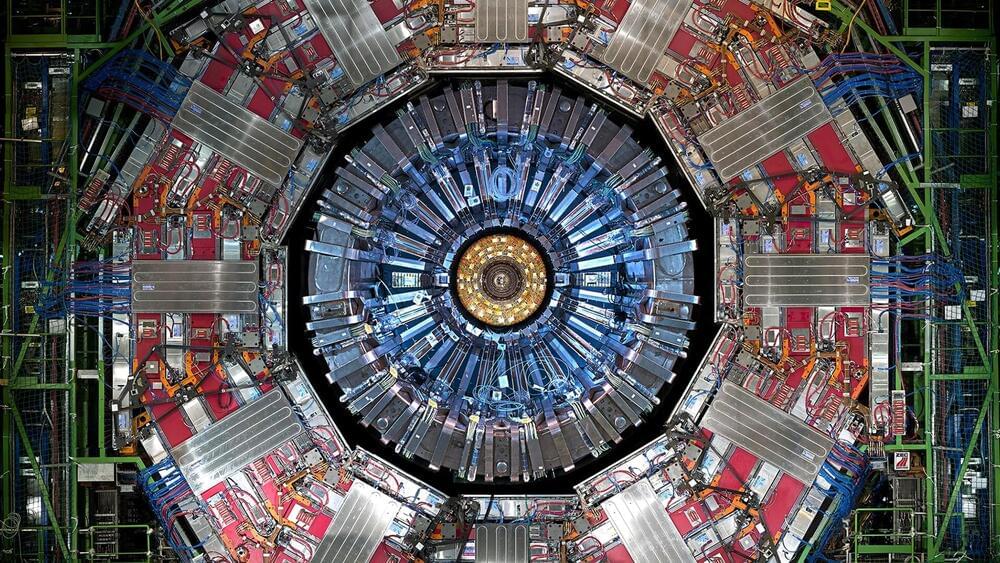Nov 21, 2024
Revolutionizing Light Control: Caltech’s Mind-Bending 3D-Printed Optical Devices
Posted by Paul Battista in categories: 3D printing, augmented reality, information science
Caltech’s new optical devices, evolved by algorithms and crafted via precise 3D printing, offer advanced light-manipulation for applications like augmented reality and cameras.
Researchers at Caltech have developed a groundbreaking technology that “evolves” optical devices and fabricates them using a specialized 3D printer. These devices, composed of optical metamaterials, gain their unique properties from nanometer-scale structures. This innovation could enable cameras and sensors to detect and manipulate light in ways previously impossible at such small scales.
The research was conducted in the lab of Andrei Faraon, the William L. Valentine Professor of Applied Physics and Electrical Engineering and was published in the journal Nature Communications.

















